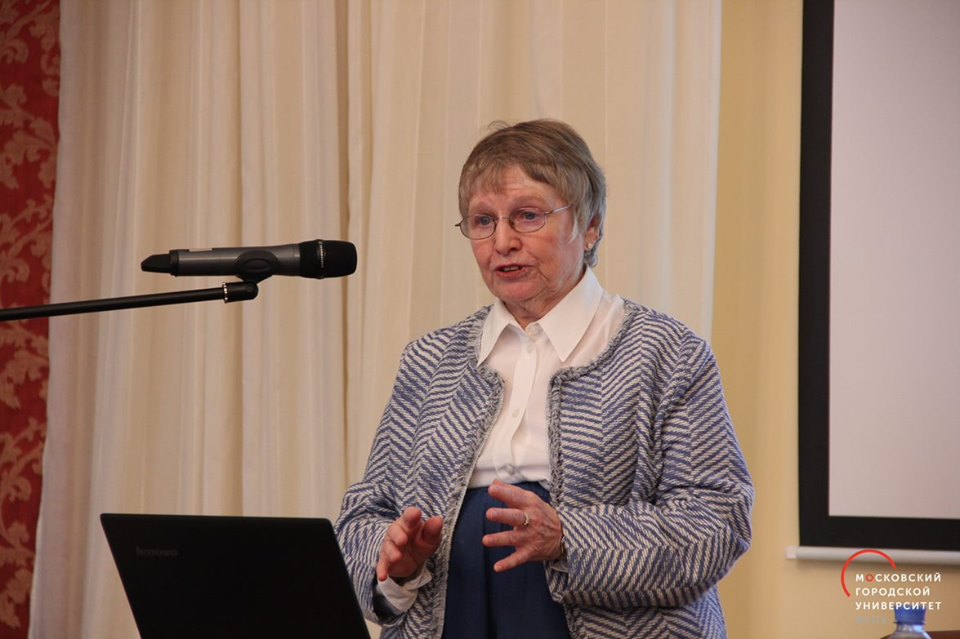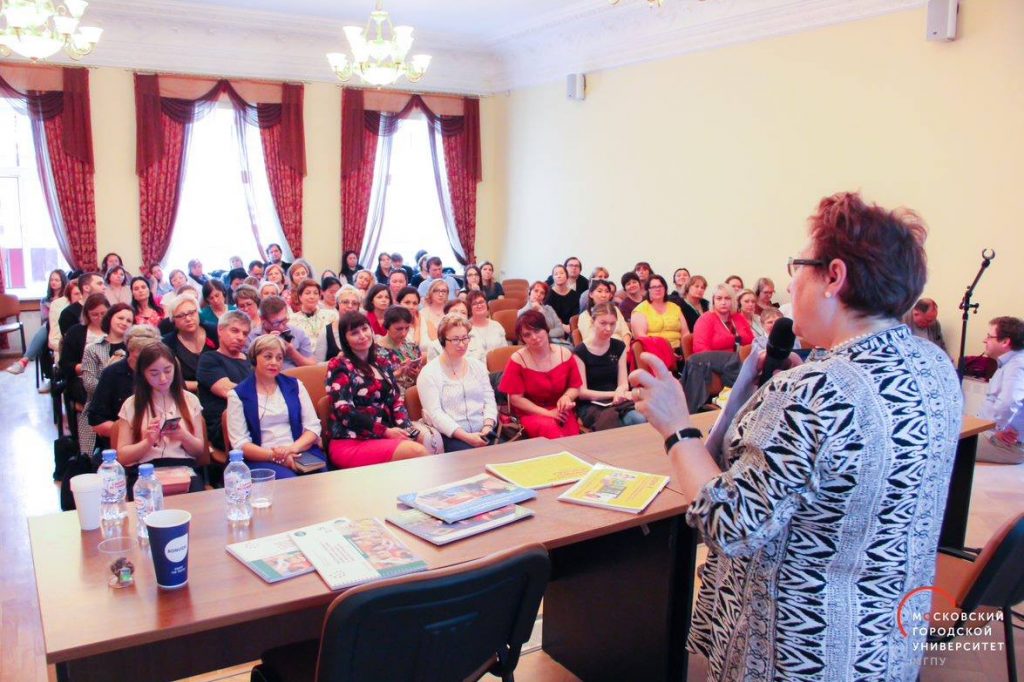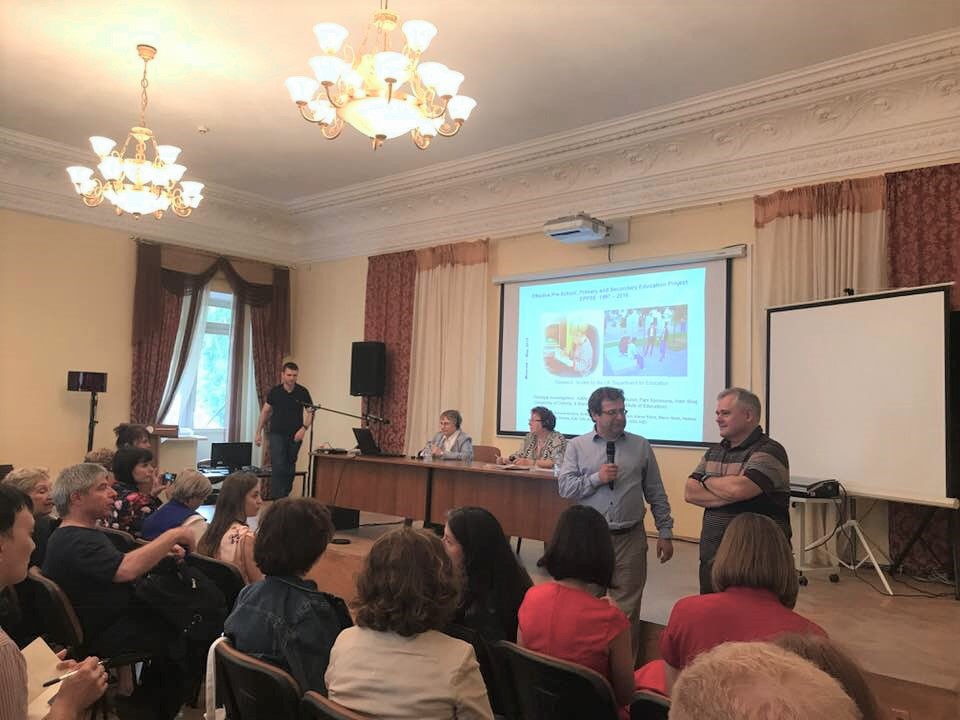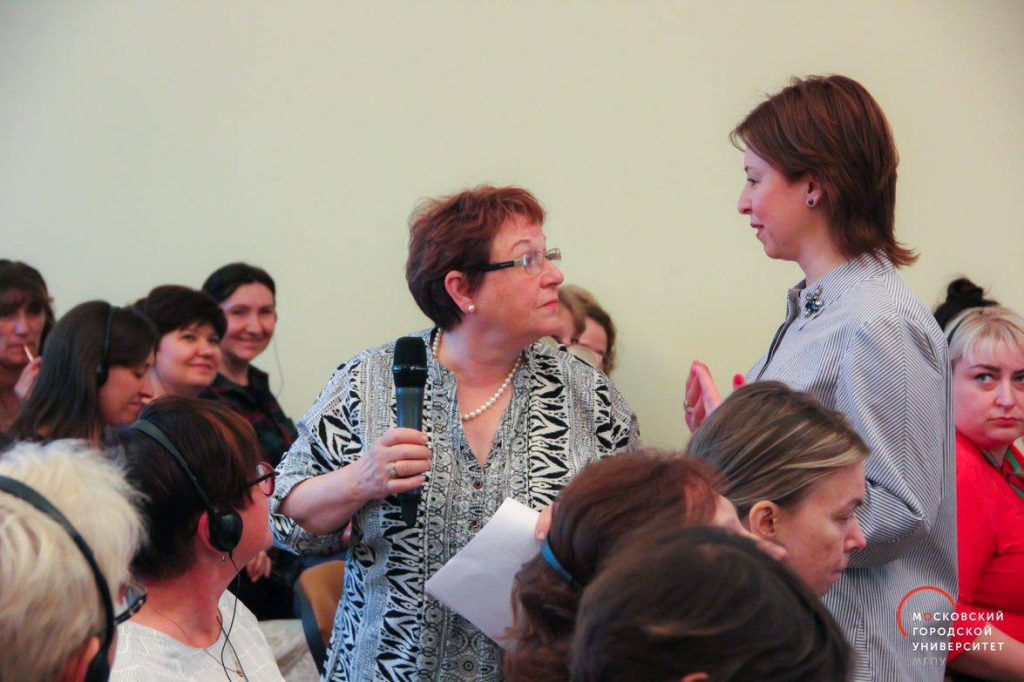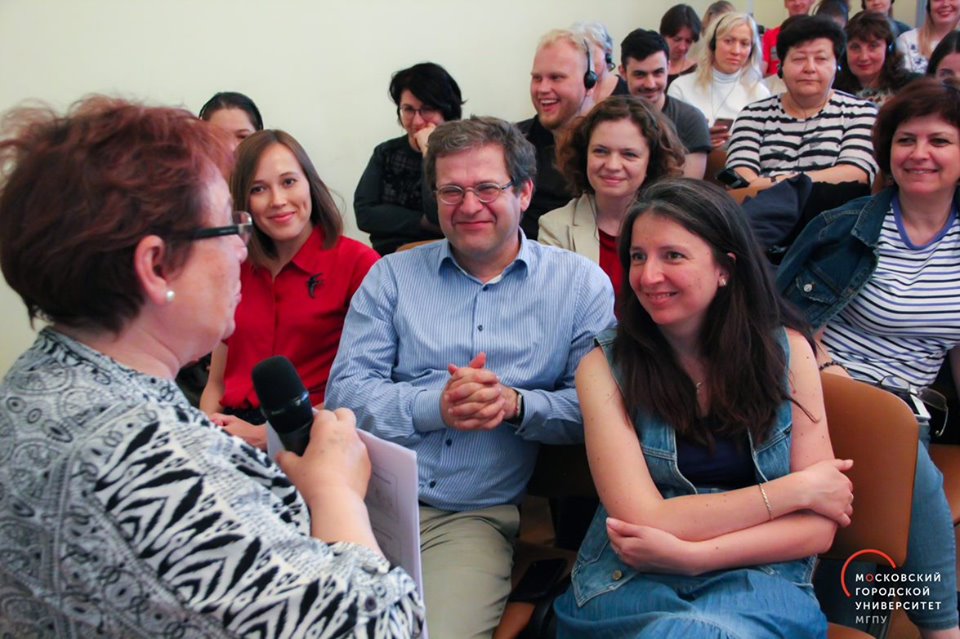On May 25, MCU welcomed the leaders of one of the world’s most influential studies in the field of quality of pre-school, primary, and secondary education — Professor Kathy Sylva, University of Oxford, and Brenda Taggart, University College London.
The Effective Pre-School, Primary and Secondary Education project (EPPSE) is the UK’s first major longitudinal study to focus on the effectiveness of early years education. The study was conducted during 17 years (from 1997 to 2014) focusing on the influence of high-quality pre-school education on the educational and social success of children, and providing substantial data that has since been used in reports by UNICEF and UNESCO.
At the open lecture Professor Kathy Sylva made an exciting speech, stating among other things that the main objective of high quality education is the progress of children, and that bad education means losing money.
According to Professor, high quality education means applying efficient teaching practices that include:
- Interaction of teachers and children as pre-requisite for sustainable collaborative thinking
- Teachers thoroughly know the content
- Teachers understand the learning process
- Teachers are able to support children in resolving conflicts
- Teachers provide assistance to parents in creating efficient learning environments at home
Brenda Taggart, speaking of the impact of the study, added that if pre-school teachers do their job well, they influence the further 10 years of children’s lives in a very wholesome way. This is why teachers are so important.
The results of the EPPSE study changed thinking and practice in pre-school pedagogy, curriculum and teacher education in the UK and have a great impact on the education practices in the world.

